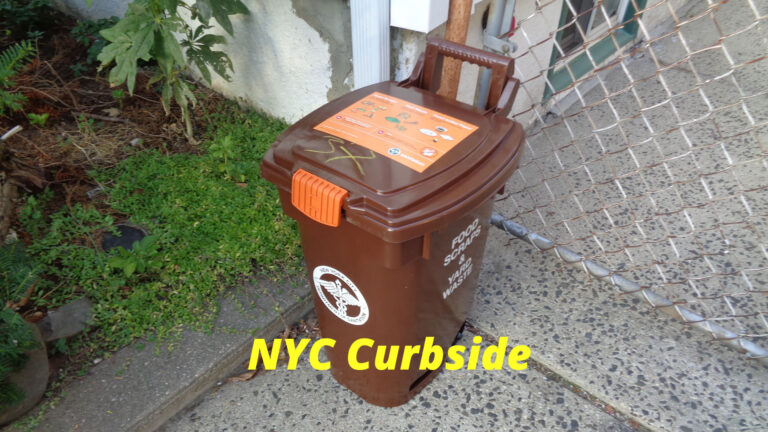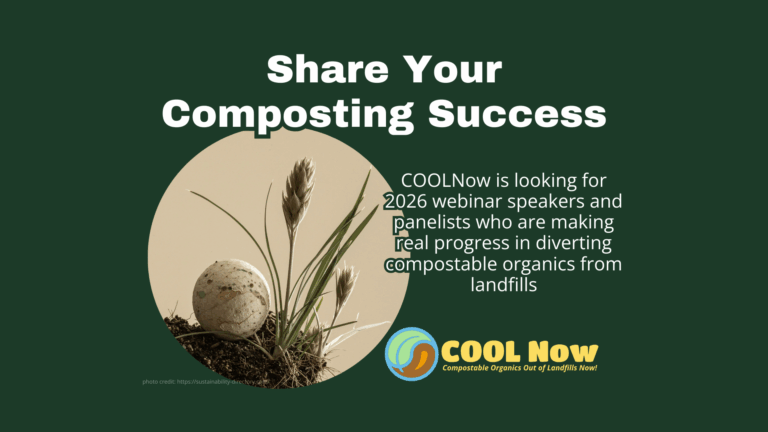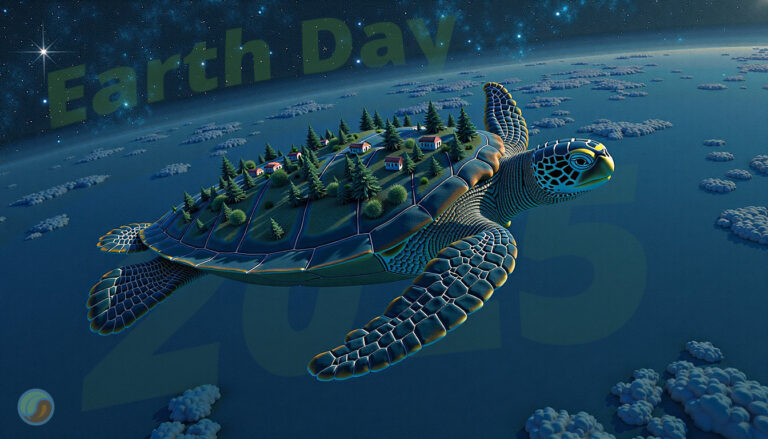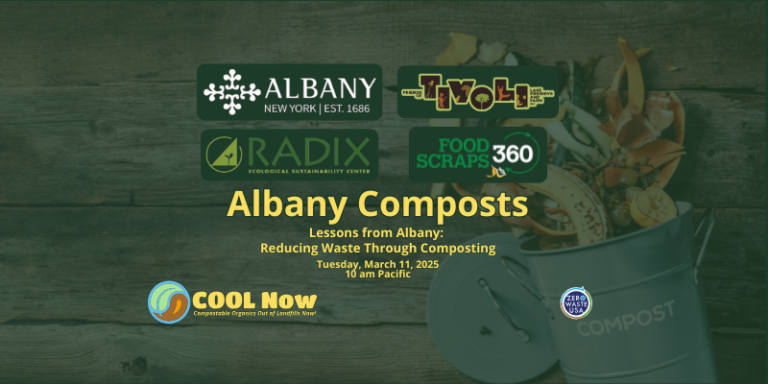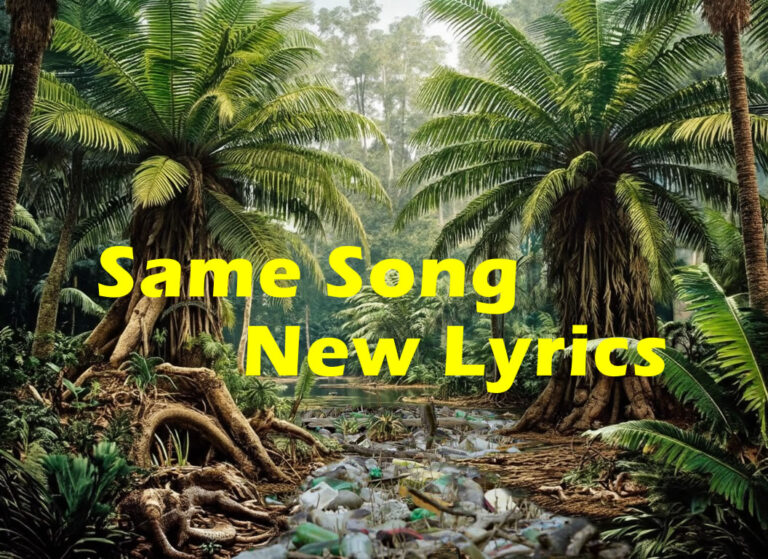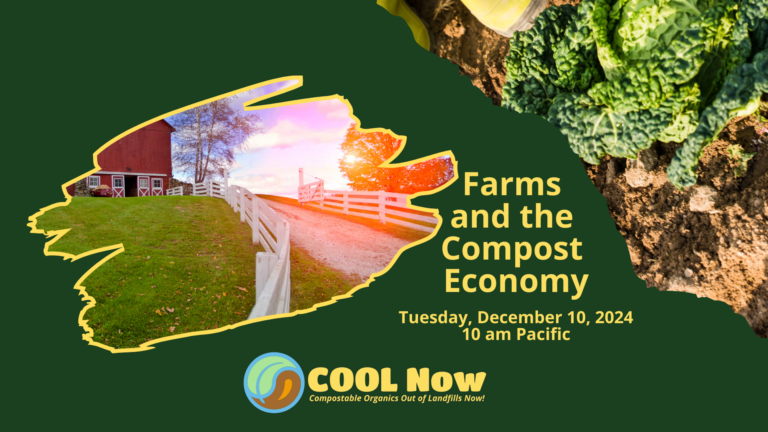Lessons from Albany: Reducing Waste Through Composting
Tuesday, March 11, 2025
10am, Pacific Time
When cities unite around sustainability, remarkable things happen. I’m excited to invite you to a special webinar that showcases exactly that kind of transformative collaboration…
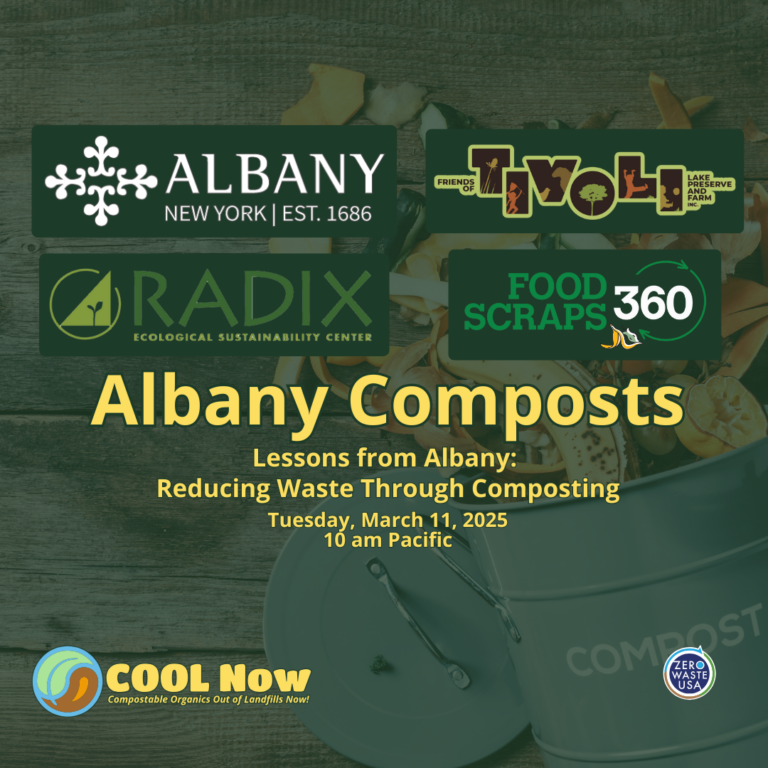
Challenge
The EPA estimates that 40-50% of what is currently landfilled is compostable organics – yard debris, scrap wood, food and unrecyclable paper products. When these materials decompose, they emit methane, a greenhouse gas over twenty times more impactful than carbon dioxide.
Solution
When composted properly and spread on open land, compost greatly increases the soils ability to absorb and utilize atmospheric carbon. In addition, it extends the life of gardens, landscape and farms, providing plant nourishment and conserving water and resources.
Get COOL Now! Get Compostable Organics Out of the Landfills Now!
This site is dedicated to reducing landfill methane production. We need to divert compostables today, now! Hence, the name of our program, COOLNow. We hope you’ll follow along on our journey!
The Composting Revolution Smells Like Progress
Share Your Composting Success
Earth Day 2025: Why This Year Matters for Composting and Climate
Albany Composts!
From Ancient Plants to Modern Plastics: Learning from Earth’s Past
Farms and the Compost Economy



